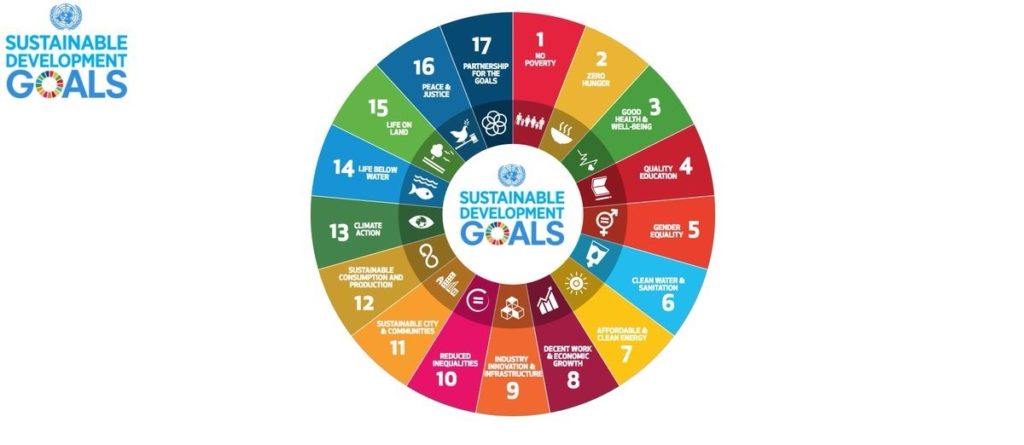Sustainable Supply Chain – Modern Slavery
Critical Input Pty Ltd (CI) brings to each engagement an active interest in sustainability in supply chains and project management.
A key touch point for the organisation is in working with clients to improve their human rights footprint in a practical and tangible manner that aligns to the United Nation’s Sustainable Development goals. These seek to address the global challenges related to poverty, inequality, climate, environmental degradation, prosperity peace and justice, as a blueprint to achieve a better and more sustainable future for all.
A critical piece of human rights legislation for Australian businesses, Australia’s Modern Slavery Act (2018) came into effect on January 1, 2019 and CI is leading the way in supporting clients to identify this issue and adapt their supply chains to reduce their modern slavery risk.

Modern slavery comprises practices such as human trafficking, slavery, forced labour, child labour, debt bondage, forced marriage and other slavery-like practices. It occurs mainly in global supply chains.
CI’s Chris Bevin is working with clients to identify and map their supply chains as well as develop compliance procedures for the new reporting requirement, with a view to optimising supply chains to reduce their modern slavery risks.

Chris explained that the legislation highlighted how pervasive the issue is, with its Explanatory Memorandum stating: “There is a high-risk Australian business are exposed to modern slavery risks and that Australian goods and services are tainted by modern slavery…It is not expected that a reporting entity would ordinarily identify no modern slavery risks in their operations or supply chains.”
While working with clients, Chris endeavours to ensure that the focus is not only on “compliance reporting”, but includes actively looking for supply chain options that maintain client’s fiscal and operations drivers while improving sustainability and reducing modern slavery risk.
“It’s a unique opportunity to reset procurement,” Chris said.
CI combines a thorough knowledge of this emerging regulatory framework with wide-ranging experience of best practice in supply chain management and business process.
It approaches each engagement on a holistic basis, alongside the client and delivers human rights management systems that address every aspect of legal, reputation and operational risk while building capability and processes within the client organisation to ensure ongoing compliance….



